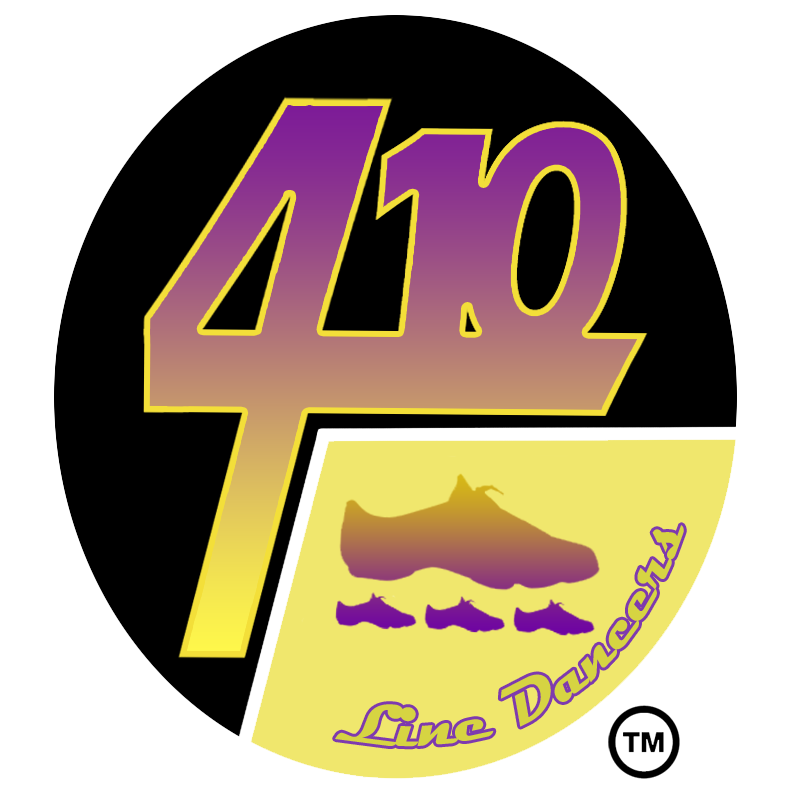Removing the dotted line – Connecting soul line-dancing to the music industry?
- 410linedancers
- Mar 22, 2021
- 3 min read
Soul line dancing has become an industry with groups across the entire United States and even groups popping up internationally. There are classes every day, and line dances that come out each day, and conventions and events every week. For those who choreograph dances, the music that we select can often gain an entire new and improved lifeline for the song based on the popularity of the dance. Additionally, there are situations when there may be more than one dance to a song, which (although that can cause issues in the soul line dance community) offers even more value/options for the artist.
Some artists have realized the value of a line dance for their work and occasionally will solicit a line dancer to create a dance to their music. Additionally, artists that have become aware of their song having a line dance will create a video of themselves doing the dance (ex. Tamia creating a post of herself doing the Come dance with me line dance).
Although this adds great value to the music and the music industry, we are rarely acknowledged by the music industry, musicians, or any of the performing arts genres for the talent and value we bring to the table. If we are acknowledged by the artists, generally speaking, that is more than enough for the choreographer. This however brings about interesting questions:
Is an acknowledgement from the artist enough of an exchange for the value that the line dancing community provides?
How do we define acknowledgement?
Should we aspire for something more than a head nod or have we essentially become the street window washers of the entertainment industry?

If you’ve traveled through a rough neighborhood, you’ve undoubtedly come across a street window washer. It’s the person that approaches your car when you’re at a red light and begins washing your car windows without you asking and then demands money. If you choose not to pay them (mainly because you didn’t ask for their services), it could end profanely or it could be much worse.
Some find the window washers irritating and call the police. This is the equivalent of the musicians contacting ASCAP or RIAA to complain about our unauthorized use of their music.
But back to the question: How do we define acknowledgement?
The first thing we need to do is to have a belief that we offer high value to the music and entertainment industry. If we are of the belief that we are deserving of acknowledgement based on the value we offer, then we can pursue our individual ideas on what the proper acknowledgement is. With that belief can come action.
For 410 Line Dancers, we believe that more opportunities to perform with and be paid by entertainers for our choreography and the work it takes to make the dances popular. This requires a collaborative effort with the musicians versus creating dances and hoping they see it and allow us on stage with them, or mention our name in an interview.
It will require work on our part, but it’s time for us to remove the dotted line to musicians and the entertainment industry and become a partner. We cannot do the same things we have been doing, that have not yielded us the results we seek, and expect different results.
We need to do several things to ensure we remain attractive to the music industry to create the opportunities we desire. Here are six things we must do:
1. Create ways to contact artists / producers / music companies
2. Ensure that we create win/win scenarios BEFORE we create dances
3. Conduct yourself like a professional seeking an opportunity.
4. Trust your intuition – if it doesn’t feel right, it’s ok to say NO
5. Communicate with all stakeholders
6. Deliver!

We have been allowing them to win without asking for a victory. It’s time for us to create win-win opportunities between the musicians and the dance world.




Comments